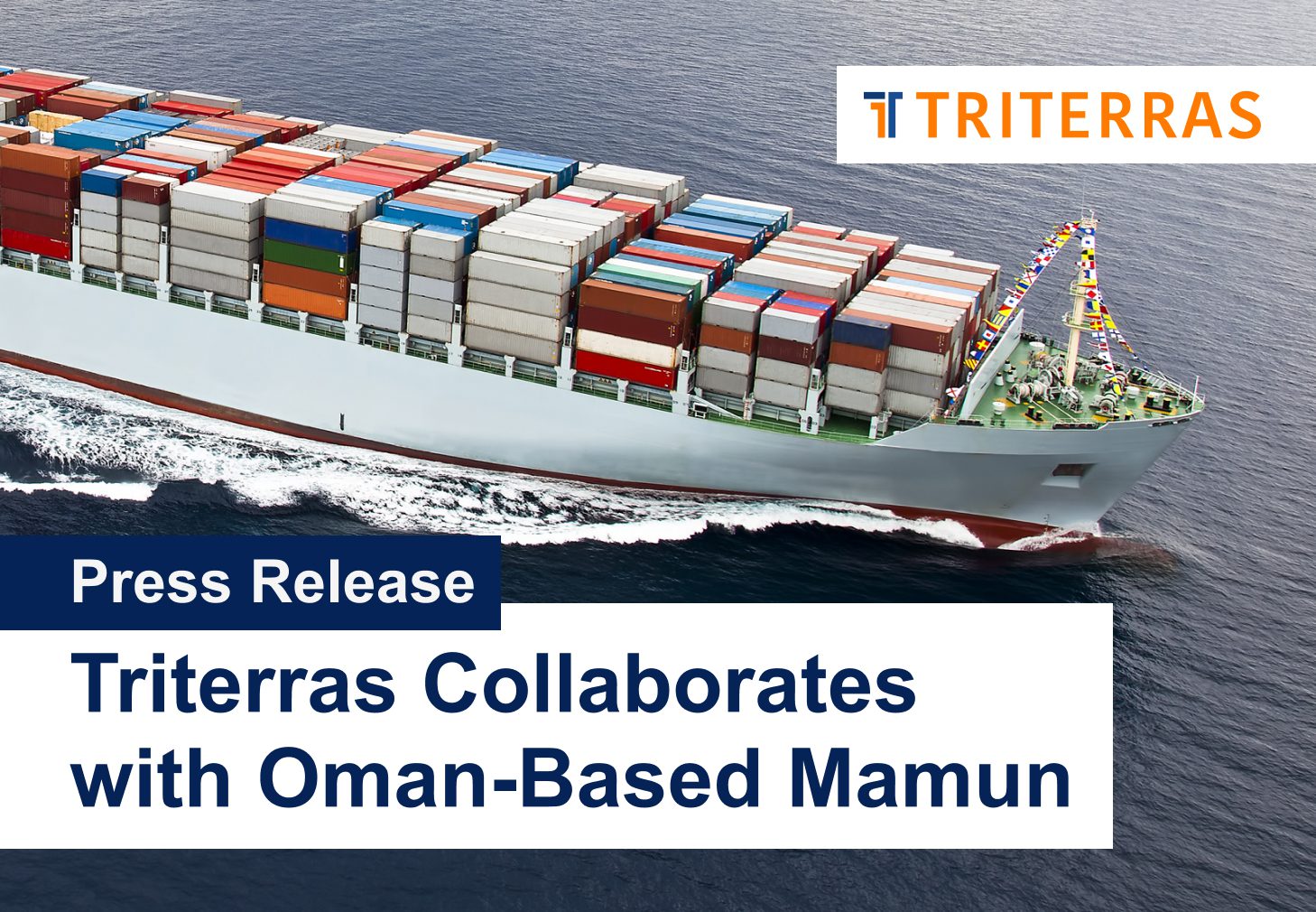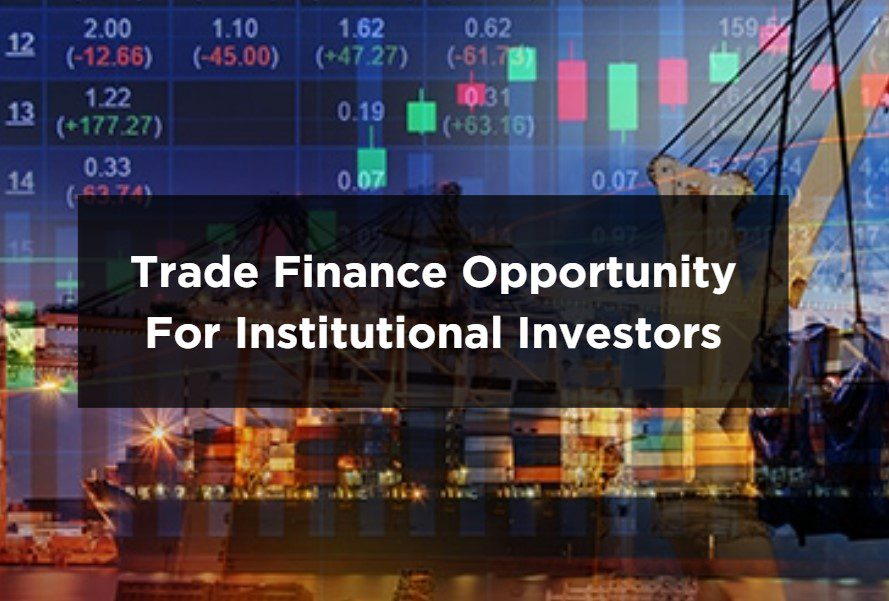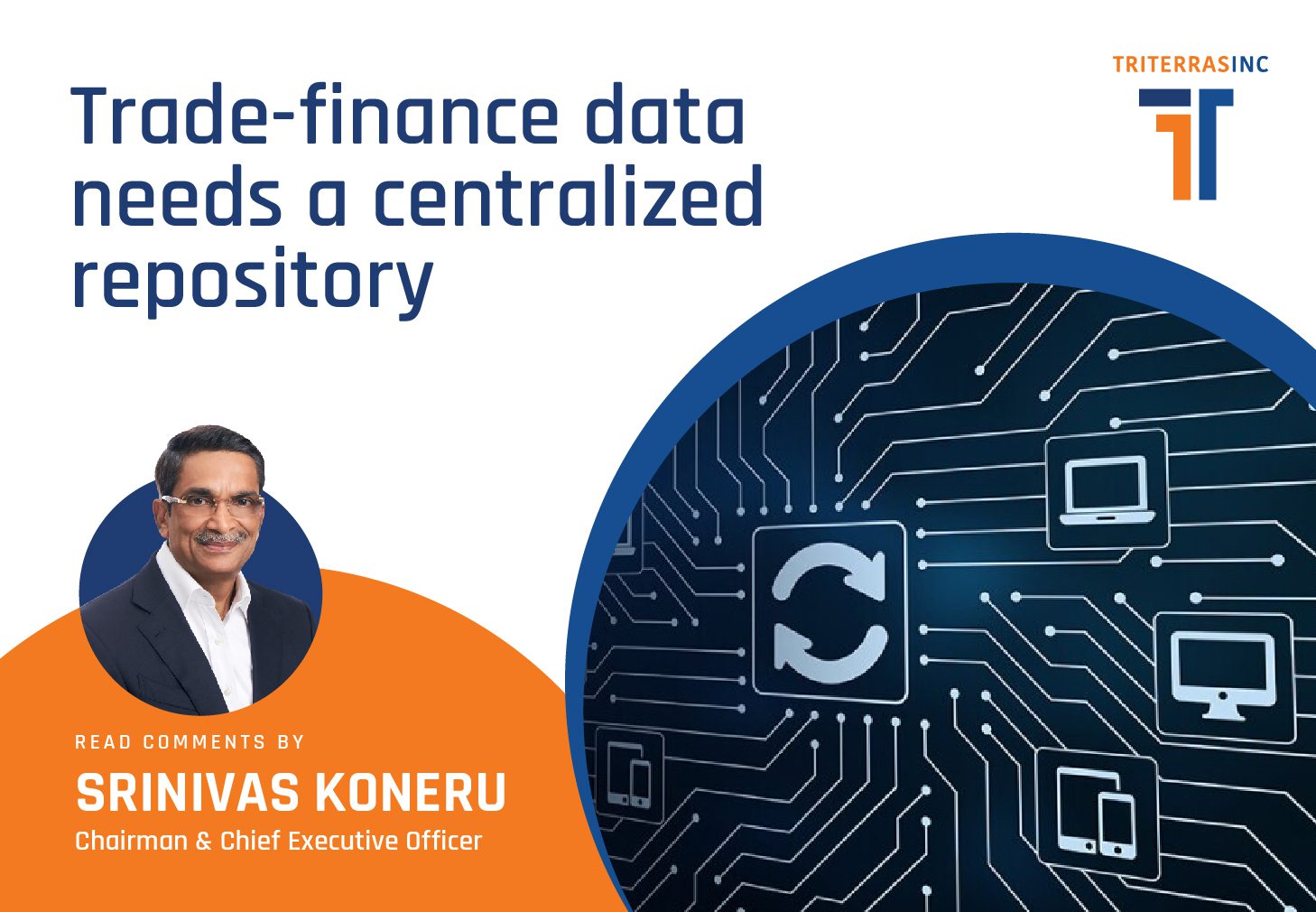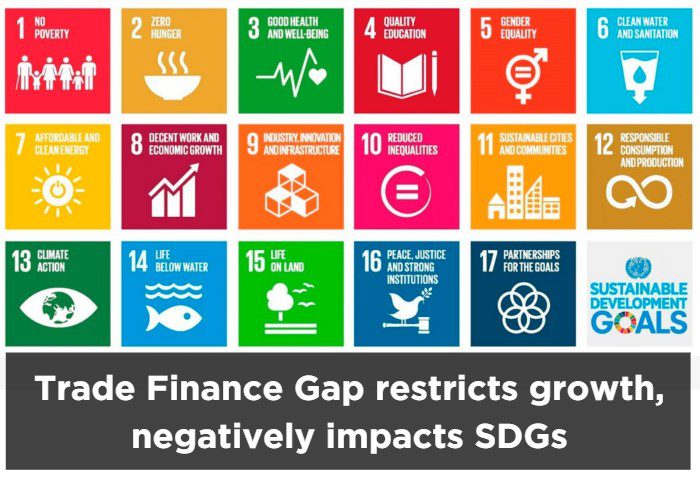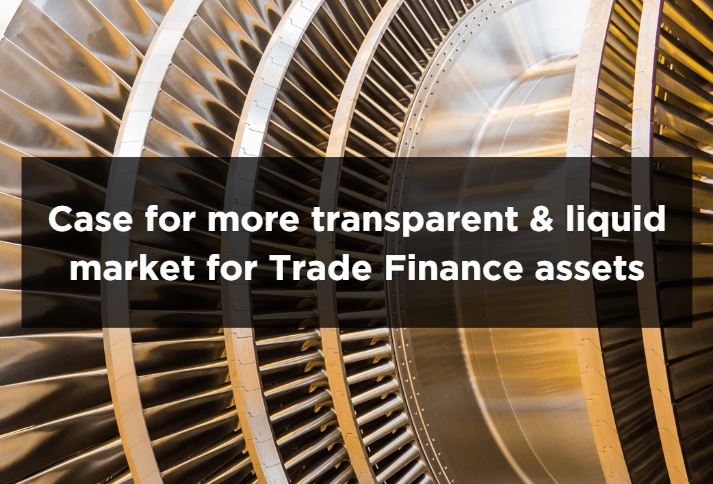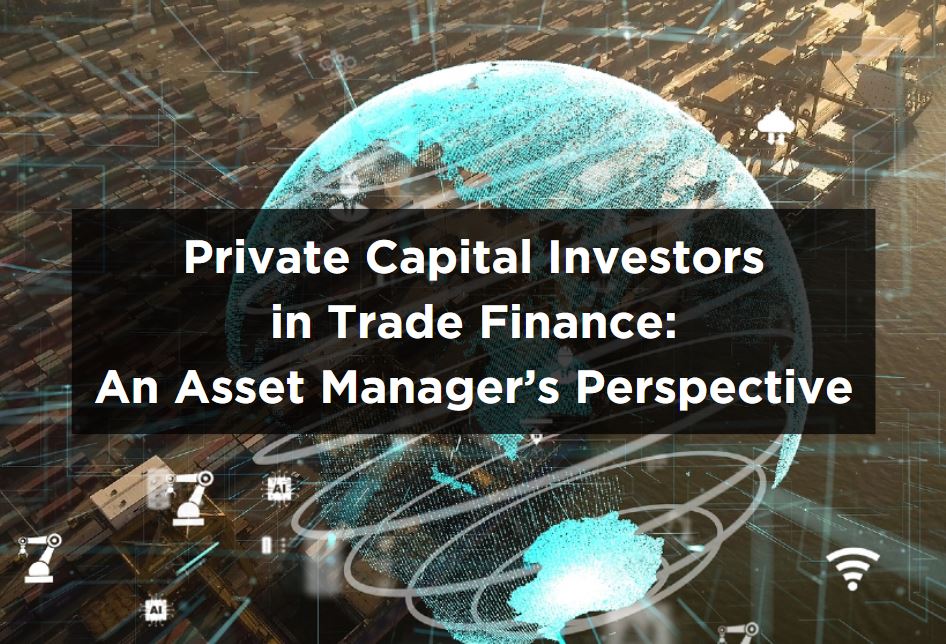In the ever-evolving landscape of global commerce, we are witnessing a fascinating trend: the resurgence of a traditional trade finance instrument – the Letter of Credit (LC). This revival, primarily driven by tightening liquidity and escalating interest rates, underscores the enduring relevance of these tools amidst rapid digital advancements and the increasing complexities of international trade.
The global economic environment is currently sailing through a sea of unprecedented uncertainty, exacerbated by geopolitical tensions, trade disputes, and the lingering aftermath of the COVID-19 pandemic. These factors, coupled with rising interest rates, have led to a liquidity crunch as financial institutions exercise heightened prudence in their lending activities. In such a climate, the assurance and reliability offered by LCs have found renewed appeal.
While exact figures on the proportion of global trade finance accounted for by LCs are challenging to pin down due to the decentralized nature of the industry, there is a consensus among financial experts that their usage has seen a noticeable increase in recent years. This uptick is not just a statistical anomaly, but a reflection of the market’s adaptive response to the prevailing economic conditions.
However, the resurgence of LCs is not merely a reaction to economic uncertainty. It also reflects their adaptability to a variety of trade situations and their ability to accommodate intricate trade arrangements. This flexibility, coupled with their risk-mitigation properties, has contributed to their renewed prominence.
Parallel to the LCs, other forms of trade finance like Open Account Financing and Supply Chain Financing are also gaining traction. Open Account Financing, where goods are shipped and delivered before payment is due, offers a level of flexibility that is particularly appealing to buyers. It allows them to manage their cash flow more effectively, especially in a tight liquidity environment.
On the other hand, Supply Chain Financing provides an efficient way to optimize working capital for both buyers and suppliers. It bridges the gap between the supplier’s need for immediate payment and the buyer’s desire to delay payment until goods are sold. These forms of financing, when used in conjunction with LCs, can create a robust financial strategy that is resilient to the uncertainties of the global economic climate.
Yet, what we are witnessing does not indicate a step back from the digital revolution. On the contrary, the digital transformation of trade finance is rapidly progressing. Blockchain technology, for example, is being utilized to streamline LC transactions, reducing both time and cost. As Bill Gates once wisely remarked, “The advance of technology is based on making it fit in so that you don’t really even notice it, so it’s part of everyday life.”
The resurgence of LCs does not undermine technological advancements; instead, it represents a pragmatic response to the current economic climate. It emphasizes the need for a balanced approach to trade finance, one that combines the security of traditional tools with the efficiency of digital solutions.
As we delve deeper into the role of LCs across industries, we find that their utility is not confined to a specific sector. From manufacturing to agriculture, LCs provide a safety net, ensuring that transactions proceed smoothly despite market unpredictability.
When compared with other trade finance instruments, LCs stand out for their unique blend of security and adaptability. While other tools may offer similar benefits, the comprehensive protection and flexibility offered by LCs make them an attractive choice in an uncertain economic climate.
Real-world case studies further illustrate the effectiveness of LCs. For instance, a small exporter navigating a complex trade deal with a foreign buyer can use an LC to ensure payment upon fulfilment of the agreed terms, thereby mitigating potential risks.
The resurgence of LCs also underscores a broader theme in global finance: the cyclical nature of financial instruments. Just as fashion trends come and go, financial tools also wax and wane in popularity, influenced by a myriad of factors ranging from macroeconomic conditions to regulatory changes. The current revival of LCs is a prime example of this phenomenon.
Moreover, it highlights the importance of a diversified toolkit in trade finance. Just as a savvy investor diversifies their portfolio to spread risk, so too must traders utilize a variety of financial instruments to navigate the complex and often unpredictable world of international trade. In this context, LCs serve as a vital component of this diversified toolkit, providing a layer of security and assurance in an increasingly uncertain economic landscape.
In the grand scheme of things, the resurgence of LCs is a testament to the resilience and adaptability of the global trade finance industry. It demonstrates the industry’s ability to respond to changing circumstances, whether it is the rise of digital technology or the tightening of liquidity, it also underscores the enduring relevance of traditional financial instruments.
Looking ahead, the role of LCs is likely to evolve in tandem with digital transformations in the trade finance sector. As technology continues to disrupt traditional practices, we can expect to see more innovative uses of LCs, combining the security of this traditional tool with the efficiency of digital solutions.
In conclusion, the current resurgence of LCs, along with the growing prominence of Open Account Financing and Supply Chain Financing, is a clear demonstration of the market’s ability to adapt to fluctuating conditions. It serves as a reminder that while innovation is vital, traditional trade finance instruments continue to play a crucial role in risk management and the facilitation of global trade. As we forge ahead, a balanced approach that harnesses both traditional instruments and digital solutions will be instrumental in navigating the evolving landscape of trade finance.








